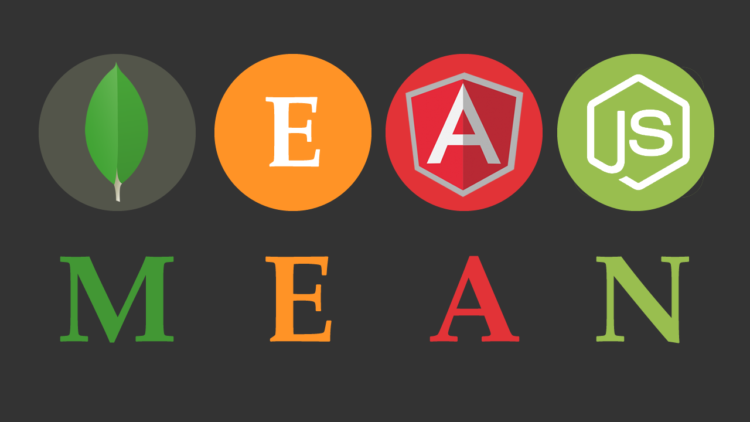
What is a Mean Stack and Why Should You Use it?
3 years ago Valeri Karpov wrote about the quartet of Node.js, Angular Js, Express.js and Mongo DB on the Mongo DB blog. His team, he explained, affectionately call this quartet the ‘Mean Stack’. Little did he know the little Mean Stack that could soon became an obsession for programmers, developers and web development enthusiasts across the globe.
As Karpov pointed out, there are extreme advantages to using the same programming language across the whole web development integration process. And if there is one programming language with the capabilities and resources to be the brains of your system, it has to be Javascript.
That doesn’t exactly explain what Mean Stack is however, so here’s an overview of how it works…
What is Mean Stack?
Mean Stack is a combination of four widely popular and highly efficient Javascript libraries, namely Mongo DB, Express.js, Angular JS and Node.js. (Shortened down to M for Mongo, E for Express, A for Angular and N for Node) This quartet works together amazingly well to produce end results with high performance, less overheads, and a threat to topple the long established LAMP (Linux, Apache, MySQL, PHP) environment.
Since all the components of Mean Stacks are products of a Javascript library, it shouldn’t surprise anyone that they integrate well. Mongo DB can be used to store documents on the JSON format – and these JSON queries are handled with utmost ease by Express JS and Node.js on the server side. Angular JS on the frontend is then fed these JSON documents, with slim chance of any errors or obstructions. With the same language on both the client side and the server side, the integration between these two environments is seamless and very subtle.
Why Use Mean when You Have Lamp?
The fact that you’re happy using Lamp is not important. Forget about there being nothing wrong with Lamp. What you should be asking is ‘what’s RIGHT with Lamp? And what’s RIGHT with Mean Stack? And which one is better’? Trust us on one thing; if you’re happy with Lamp, you’ll be ecstatic with the Mean Stack.
Mongo DB is your answer to big data and unreliable environment
Mongo DB might not be the best SQL utility in the world, but when it comes to heavy computation and working on the cloud there are hardly any others that can match its prowess. Cloud computing is the present and the future of web programming. and with it is Mongo DB and the Mean Stack package.
Node.js is simple and fast
Node.js is a powerful utility on its own, but when it combines with others of its kind it becomes even bigger and even better. It has something PHP can never offer to its users too; event-driven architecture and undeniable simplicity. In short, it makes absolute sense to try it.
JSON – Everything You Need
With the fantastic four of Node.js, Mongo DB, Express.js and Angular speaking the tongue of JSON, the integration and process flow is as swift and clean as water. This is where Mean really scores over LAMP. Thanks to JSON, Linux, Apache, MySQL and PHP do not share the same repo between them as the Mean Stack entities do.
Angular is Fresh
Node.js is lightning fast; Express.js is exceptionally well integrated; and Mongo DB is proud member of the cloud computing clan. So what about Angular? It doesn’t disappoint. LAMP can’t offer itself as a direct competitor to Angular, and it’s this freshness about Angular that adds a new spark to the Mean Stack combo. Angular is refreshing, high on rise, and ever improving. It’s the missing piece of the puzzle that makes it all a dream to work with.
